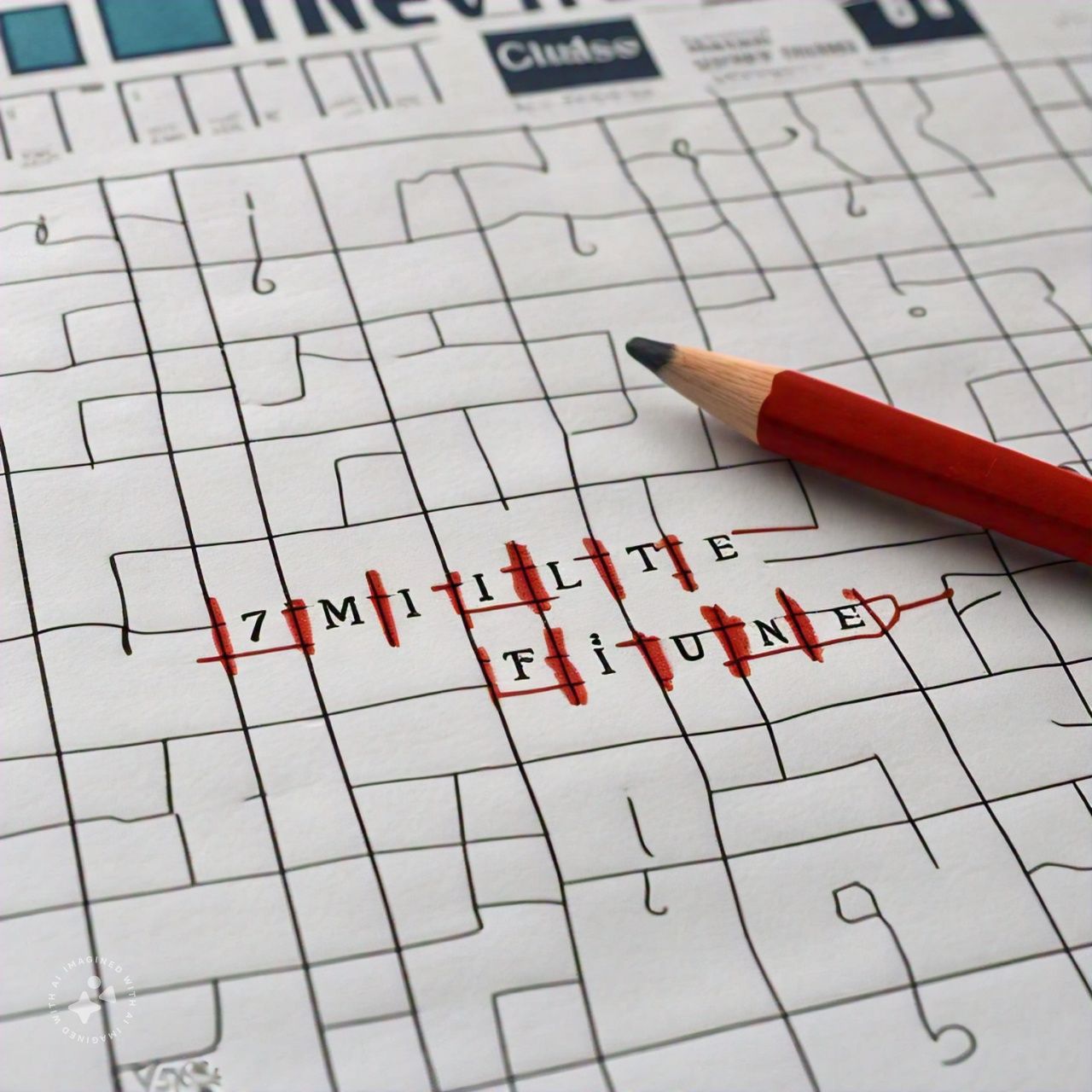In our daily lives, we often encounter words that perfectly encapsulate the essence of a situation or feeling. One such word is “drudgery.” Combined with its unique presence in games like “7 Little Words,” it carries both intrigue and relatability. This article explores the meaning, usage, and impact of “drudgery 7 little words” while keeping it engaging and informative.
What Does Drudgery Mean?
To start, let’s define the core term “drudgery.” Drudgery refers to tedious, monotonous, or dull tasks that are often uninteresting and physically or mentally demanding. It is synonymous with terms like toil, grind, or labor.
In many contexts, drudgery is associated with everyday chores or work that feels unfulfilling. Yet, it also serves as a powerful word to express frustration and motivate change.
The “7 Little Words” Connection
If you are a fan of the puzzle game “7 Little Words,” you might recognize “drudgery” as a key answer or clue. The game challenges players to decipher seven clues to form seven words, making vocabulary an engaging exercise. Drudgery’s inclusion reflects its versatility in describing many life situations.
Why “Drudgery 7 Little Words” Is Relatable
Life isn’t always filled with excitement. Many of us find ourselves caught in the monotony of repetitive routines. The concept of “drudgery” resonates with:
- Office Work: Endless emails and meetings can feel monotonous.
- Household Chores: Laundry, dishes, and cleaning are necessary but often tedious tasks.
- Study or School Work: Completing assignments and preparing for exams can sometimes feel like an uphill battle.
By acknowledging these feelings, we can begin to find ways to overcome or lessen the impact of drudgery in our daily lives.
Breaking Free from Drudgery
Feeling stuck in drudgery doesn’t have to be permanent. Here are practical steps to turn tedious work into a more enjoyable experience:
1. Set Clear Goals
Breaking down large tasks into smaller, manageable goals makes work seem less daunting. Celebrate small achievements to keep yourself motivated.
2. Add a Spark of Joy
Incorporate elements of fun into your routine. Listen to your favorite music, podcasts, or audiobooks while performing mundane tasks to make the process more engaging.
3. Reframe Your Mindset
Focus on the bigger picture. Consider how the task contributes to a long-term goal or provides value to others.
4. Practice Time Management
Effective scheduling can help you allocate specific times for focused work and breaks. This balance minimizes feelings of burnout.
How “Drudgery 7 Little Words” Can Inspire Creativity
The beauty of puzzle games like “7 Little Words” lies in their ability to make even challenging words like drudgery thought-provoking. Solving puzzles boosts cognitive skills and offers a sense of accomplishment. Reflecting on the word “drudgery” within such a context can help you rethink its presence in your life.
For instance, tackling a “drudgery” task can be approached like solving a puzzle – by breaking it down, analyzing its components, and finding creative solutions to complete it.
Benefits of Tackling Drudgery Effectively

Overcoming drudgery isn’t just about finishing tasks; it’s also about personal growth and creating a more fulfilling lifestyle. Here are some benefits:
- Improved Productivity: Addressing tasks head-on reduces procrastination and helps you achieve more.
- Sense of Accomplishment: Checking off even the simplest items from your to-do list provides a boost of confidence.
- Enhanced Creativity: Once mundane tasks are no longer a burden, your mind is free to explore new ideas and ventures.
- Better Work-Life Balance: Organizing and addressing tedious responsibilities effectively frees up time for more enjoyable activities.
Embracing Drudgery as Part of Life’s Journey
While it’s natural to view drudgery negatively, embracing it as a necessary component of personal and professional growth can bring a fresh perspective. Mundane tasks often provide the foundation for significant achievements.
Take inspiration from successful individuals who transformed dull beginnings into remarkable success stories. For example:
- J.K. Rowling: Before her literary fame, she endured repetitive office work to support her family. She used her spare moments to write.
- Elon Musk: Building his empire started with long, mundane hours of coding and engineering.
Engaging with “Drudgery 7 Little Words” as a Creative Challenge
In games like “7 Little Words,” words like drudgery prompt players to think outside the box. Similarly, life’s mundane moments can be transformed into opportunities for creativity and self-improvement.
Ideas for Applying Game Techniques to Life
- Gamify Tasks: Turn dull tasks into a game. For example, set a timer and compete with yourself to see how quickly you can finish.
- Use Clues as Inspiration: Think of each task as a clue to uncovering a greater reward.
- Collaborate: Involve others in solving puzzles, whether in games or life, to make tasks more enjoyable.
Conclusion
“Drudgery 7 Little Words” serves as more than just a game concept; it’s a reminder that life’s dull moments can lead to creativity and growth. By recognizing drudgery and learning how to navigate it effectively, we can transform it into an opportunity for personal development.
Whether you are tackling repetitive tasks, solving word puzzles, or pursuing long-term goals, remember: drudgery is only a stepping stone on the path to greater success. Embrace it, gamify it, and let it work in your favor!


